
In 2021, small urology programs had 28.1% spots filled by applicants at their home program, compared with 16.2% between 2016 and 2020.

In 2021, small urology programs had 28.1% spots filled by applicants at their home program, compared with 16.2% between 2016 and 2020.

"I think that it's important to have a clear understanding and articulation of what the shared goals are," says Mark S. Litwin, MD, MPH.

"I think that to be a successful mentee, you have to view the relationship with your mentor as a 2-way street," says Mark S. Litwin, MD, MPH.
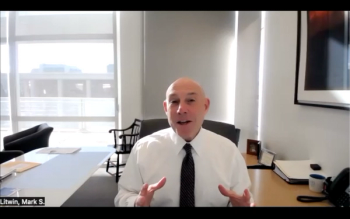
"The other things that are important are to use the privilege that you have as a senior mentor, even as a mid-level or junior mentor, to help open doors for people and make connections," says Mark S. Litwin, MD, MPH.

The clinical research program seeks to increase the number of URiM medical students entering the field of urology.
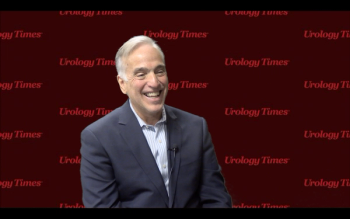
Richard Harris, MD, FACS, provides pointers for young physicians just starting out in the field.

Moben Mirza, MD, FACS, discusses the need to move toward an optimal number of urology residency applications for both the individual applicants and the residency programs.

“It was overall received very positively by applicants and programs,” says Moben Mirza MD.
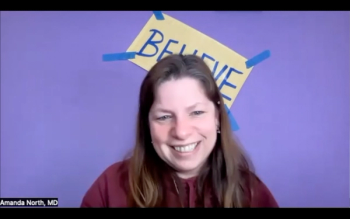
“There have been a lot of efforts to increase the diversity of the urologic workforce, and I think the fruits of our labor are starting to show themselves when we look at the residents,” says Amanda North, MD.

“There’s always going to be some criticism…but I think we can see what needs to improve and move toward a system that works well for everyone,” says Moben Mirza MD.

“Number 1 to me is going to be an applicant who comes in ready to avail all the opportunity that will be afforded to them during their residency,” says Moben Mirza MD.
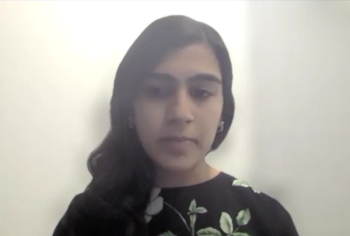
“We wanted to help provide an understanding of what factors guide patient choice of third line therapy for overactive bladder,” says Anjali Kapur, MD.
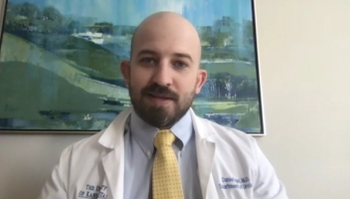
“Once you get involved, more things pop up, and it’s a lot of fun. You meet a lot of interesting people and get a lot of great experiences,” says Daniel Igel, MD.

"The most important thing I feel I've learned in my life so far is the value of human interaction and human connection," says Mark S. Litwin, MD, MPH.
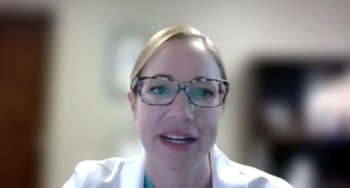
“It’s always fun getting to interact with people from different programs and different areas and we want to make them feel as welcome as possible,” says Danica May, MD.

For the essay contest, urology residents and fellows were asked to predict the future of the specialty from their point of view.

A recent study published in Urology described how American Urological Association–accredited urological residency training programs are organized in terms of clinical exposure and teaching of their residents.

On this podcast, Bristol Whiles, MD, discusses her urology residency experience at the Kansas University School of Medicine Department of Urology.
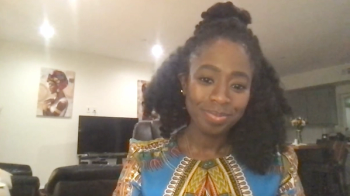
“The goal of this research endeavor was to really set forth the background information that would guide the creation of targeted interventions,” says Efe C. Ghanney Simons, MD.
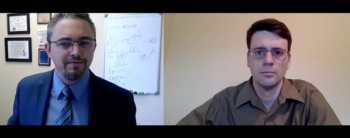
American Urological Association Annual Census data indicate that more than 60% of urology trainees carry at least $150,000 worth of debt.

"Now is the time for programs to leverage their existing telehealth platforms and practices for trainee education while continuing to serve patients," the authors write.
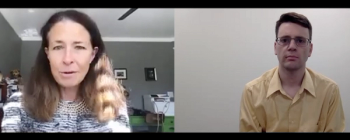
Kieran discusses findings from a recent study published in the journal Urology.
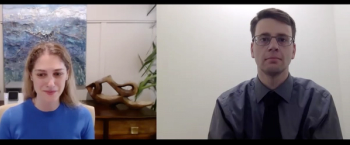
In this video, 6 urologists each answer the question: What is the best piece of advice you've received from a mentor?

Urologist Henry Rosevear, MD, turns his focus to the topic of evolving approaches to treating stones—and how urologists are compensated for these procedures.

In this column, the authors discuss how the coronavirus disease 2019 (COVID-19) shutdown yielded unexpected opportunities in urologic research.
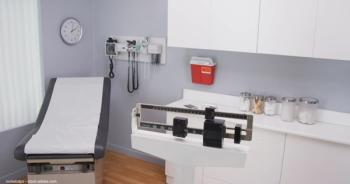
Urologist Henry Rosevear, MD, shares what his practice is doing to continue working while also keeping physicians, staff, and patients safe.

"Let’s hope that the new government changes allow those of us in the trenches of urology to spend more time with our patients so we can use our 15 minutes doing things that matter, like actually take care of our patients," writes Henry Rosevear, MD.
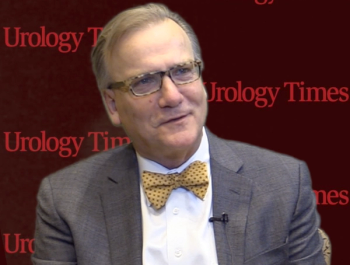
In this video, J. Christian Winters, MD, offers advice to young urologists interested in pursuing a career in health care administration, and also why he feels urologists are suited to these roles.

"Most urology groups remain relatively small and a new partner is someone who had better be able to get along with most of your group. If you think dating is hard, finding a partner who is a good “fit” is even harder," writes Henry Rosevear, MD.

In this interview, physician executive J. Christian Winters, MD, outlines his multiple professional roles, explains how he divides his time between clinical and administrative responsibilities, and offers advice to young urologists seeking a career in leadership.